This month, we’re delighted to be bringing twelve brilliant titles from eleven different countries. Find here the novelization of a famous chess match that reveals the greater geopolitical game playing us all; a summery fiction that melds the structures of nature and human architecture; a poetry collection rendering tender portraits of working-class women; a lyrical rewriting of a remarkable nun-turned-conquistador’s New World adventures; and so much more.
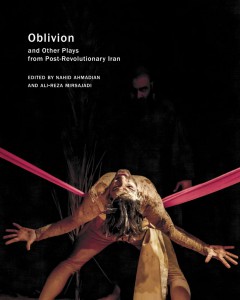
Oblivion: and Other Plays from Post-revolutionary Iran, edited by Nahid Ahmadian and Ali-Reza Mirsajadi, translated from the Persian by Nahid Ahmadian, Ali-Reza Mirsajadi, and Hesam Sharifian, Seagull Books, 2025
Review by Henry Gifford
In order, the five plays included in Oblivion: and Other Plays from Post-revolutionary Iran are set in Arabia in the fifth century AD (The Sacrifice of Senemar by Bahram Beyzaie); China in the second century BC (Oblivion by Hamid Amjad); Spain in the twentieth century (Dance of Mares by Mohammad Charmshir); somewhere (per stage directions and blank spaces left in the dialogue) in the city you’re in, on the day you’re reading it (The Child by Naghmeh Samini); and a laundromat in Los Angeles at three in the morning (Bird of Dawn by Sepideh Khosrowjah). Their narratives are of a hubristic yet indecisive king and his palace; imperial bloodshed and familial betrayal; sex and mariticide; an infant born on a migrant raft, protected at the border by three women who all deny being his mother; and three generations of Iranian immigrants, each with romantic trouble and divided identities. Some are epic, and others are everyday. None of them are set in ancient Persia or modern Iran, and only the first and last are explicitly about Persians or Iranians.
Yet these are, in fact, plays from the same country over the same quarter-century, from 1995 to 2019. The diversity of their settings and scale is a wise editorial decision intended to highlight the diversity of theater in Iran, but it also reflects a practical need of addressing contemporary, local problems obliquely under a censorship regime. What is more interesting is the collection’s consistency, and in particular the nonchronological approach taken within almost all of the plays. Oblivion, for example, begins with two siblings going to meet their adoptive brother after years apart; the encounter then extends over the course of the play as a frame to the story of their lives and their parents’, acted out in shadows on a scrim behind them. The formal blending extends this sense of collapsed time; as the editors’ introduction explains in great detail, shadow puppetry (khayāl-bāzi) is an old Persian form, here embedded within a more modern, European-inflected mode. The other plays are similarly mixed—traditional aspects and motifs cohering with contemporary themes and styles.
Every nation has history, but I wonder, reading the plays of Oblivion, if there is something about Iran—a young nation of an ancient culture—that has made its past more palpable, fraught, and vividly present. READ MORE…

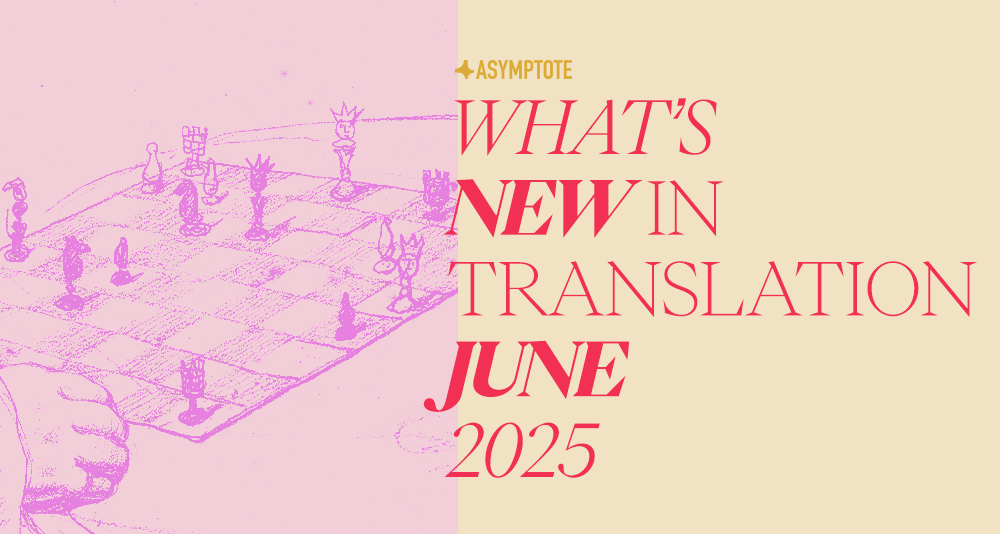

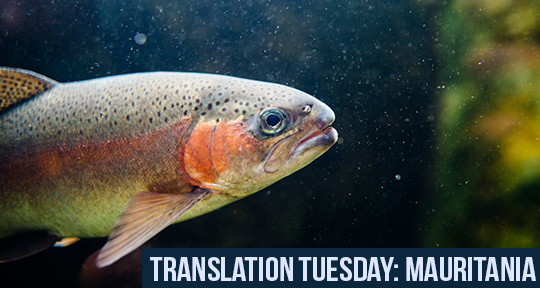
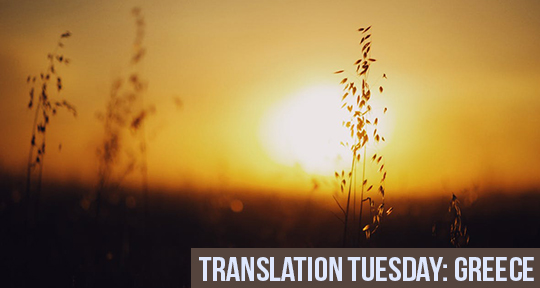
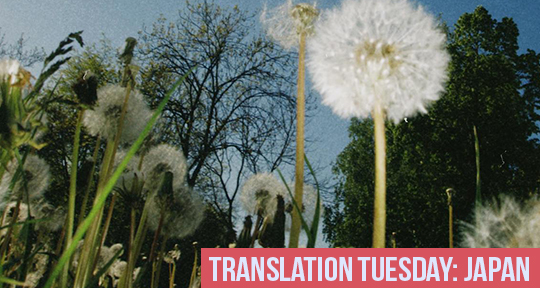
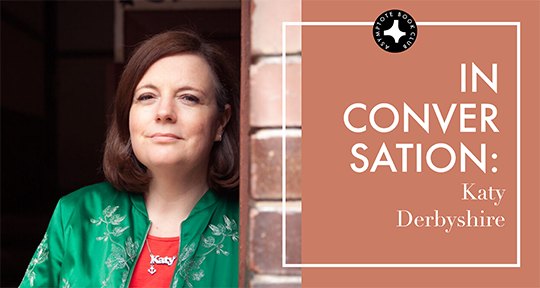
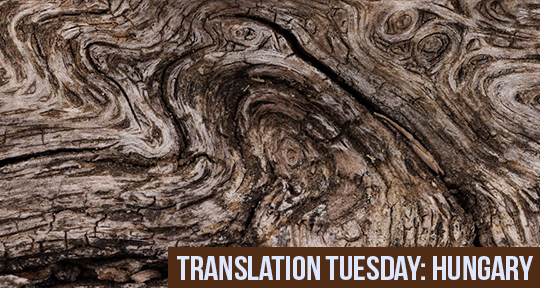

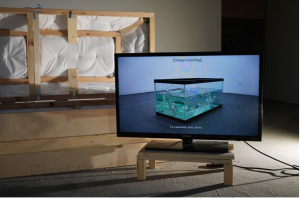
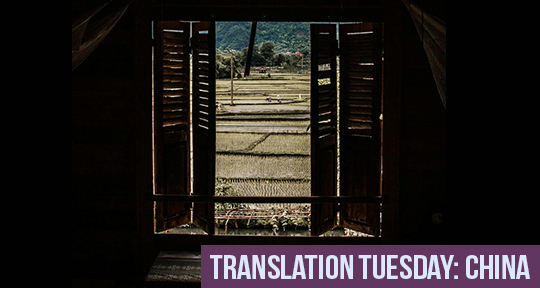



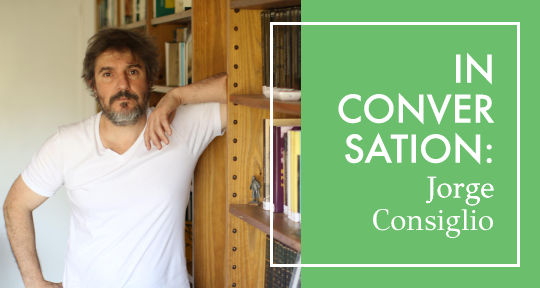
A Pointed Atemporality: Mui Poopoksakul on Translating Saneh Sangsuk’s Venom
He's very aware of the rhythm and musicality of this text . . . he said it should take something like an hour and thirty-seven minutes to read.
In our May Book Club selection, a young boy struggles with a snake in the fictional village of Praeknamdang, in a tense battle between beauty and cruelty. In poetic language that is nostalgic for the world it describes without romanticizing it, Saneh Sangsuk creates a complex and captivating world. In this fable-like story there are no simple morals, in keeping with Sangsuk’s resistance to efforts to depict a sanitized view of Thailand and to the idea that the purpose of literature is to create a path to social change. In this interview with translator Mui Poopoksakul, we discuss the role of nature in the text, translating meticulous prose, and the politics of literary criticism.
The Asymptote Book Club aspires to bring the best in translated fiction every month to readers around the world. You can sign up to receive next month’s selection on our website for as little as USD20 per book; once you’re a member, join our Facebook group for exclusive book club discussions and receive invitations to our members-only Zoom interviews with the author or the translator of each title.
Barbara Halla (BH): How did you get into translation, especially given your law background?
Mui Poopoksakul (MP): I actually studied comparative literature as an undergrad, and then in my early twenties, like a lot of people who study the humanities, I felt a little bit like, “Oh, I need to get a ‘real job.’” I went to law school, and I worked at a law firm for about five years, and I liked that job just fine, but it just wasn’t what I wanted to do for the rest of my life.
So, I started thinking, What should I be doing? What do I want to do with myself? I had always wanted to do something in the literary field but didn’t quite have the courage, and I realized that not a lot of Thai literature been translated. I thought, If I can just get one book out, that would be really amazing. So, I went back to grad school. I did an MA in Cultural Translation at the American University of Paris, and The Sad Part Was was my thesis from that program. Because I had done it as my thesis, I felt like I was translating it for something. I wasn’t just producing a sample that might go nowhere.
The whole field was all new to me, so I didn’t know how anything worked. I didn’t even know how many pages a translation sample should be. But then I ended up not having to worry about that because I did the book as my thesis.
BH: You mentioned even just one book, but did you have any authors in mind? Was Saneh Sangsuk one of those authors in your ideal roster?
MP: I wouldn’t say I had a roster, but I did have one author in mind and that was Prabda Yoon, and that really helped me get started, because I wasn’t getting into the field thinking, “I want to translate.” My thought was, “I want to translate this book.” I think that helped me a lot, having a more concrete goal.
READ MORE…
Contributor:- Barbara Halla
; Languages: - English
, - Thai
; Place: - Thailand
; Writers: - Mui Poopoksakul
, - Prabda Yoon
, - Saneh Sangsuk
; Tags: - Deep Vellum
, - environmentalism
, - literary criticism
, - nature
, - nature in storytelling
, - pacing
, - pacing in translation
, - Peirene
, - respect for nature
, - rhythm
, - rhythm in translation
, - social commentary
, - storytelling
, - Thai literature